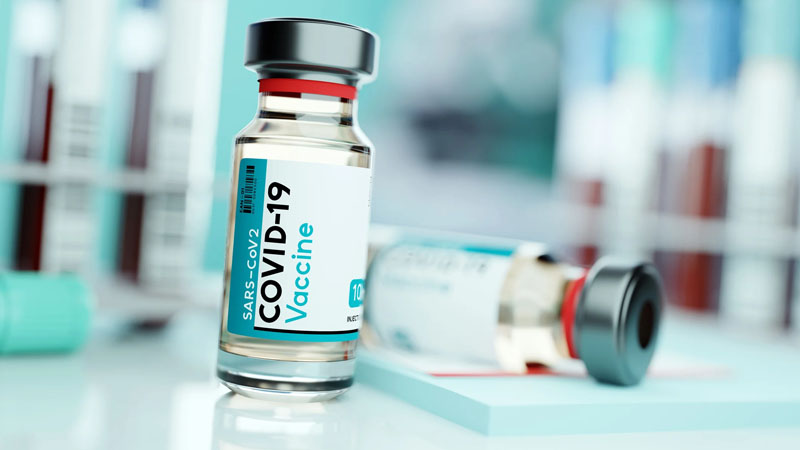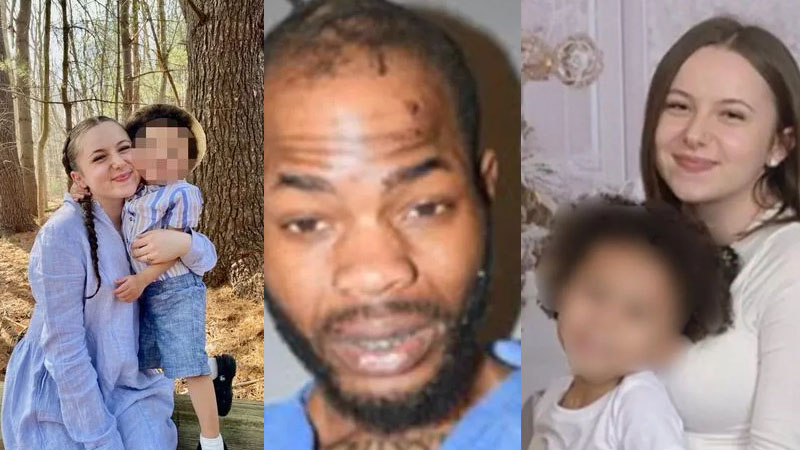Monkeypox Vaccine: ‘People are freaking out, seeing young men with lesions all over their faces

PAUL BERSEBACH—MEDIANEWS GROUP/ORANGE COUNTY REGISTER/GETTY IMAGES
With supplies running low, many gay and bisexual men are struggling to get appointments at sexual health centres – and for some, the handling of the outbreak has alarming echoes of the HIV/Aids epidemic
A steady stream of men who have sex with men (MSM) are arriving in a waiting room at the Mortimer Market Centre, a sexual health clinic in central London, to receive their first monkeypox vaccination. It’s a hot afternoon, and all available slots have been filled, as they have been since vaccines started arriving here in early July.
Few people understand the monkeypox virus or how the vaccine works. However, everyone at the clinic is acutely aware of how this unpleasant and potentially extremely painful disease has pushed through gay and bisexual men: the World Health Organization (WHO) reports that they account for 98% of the cases in this outbreak. The 2,500 men who have passed through these doors so far now have some protection, though at what level and for how long is not clear. The disease can be fatal in extremely rare cases.
“I’ve been trying to get the vaccine for weeks,” says 20-year-old Callum Bowyer, after a nurse has administered a dose into his upper left arm. “I’ve got some friends who have monkeypox and it sounds really awful, with isolation of up to four weeks. I don’t want that.
But finding out how to protect me has been almost impossible.” A student in Guildford now back at the family home in Oxfordshire for the summer, he couldn’t find a clinic in either area that could offer him a jab, or any suggestion of where he could get one.
“I even had a monkeypox scare myself,” he says. It was right after London’s early July Pride celebrations. “When I had some spots appear on my body afterwards, I was told to travel to Soho from Guildford to get a test, so I had to sit on a busy train with a potentially contagious virus.”
Despite being in a high-risk group, 63-year-old Ron Lithgow also had little luck with clinics in east London, where he lives. It was only after a referral from a cruising club that he nabbed a place here. “You can find out if you’re eligible very easily,” he says, as his name is called, “but nobody has a clue where to get one.”
By 4 pm, the waiting room has cleared. With appointments over for another day, Kim Lombardi, the clinical lead for the vaccination team at Central and North West London NHS foundation trust, sets out just how high the demand has been. “At the moment,” she says, “we’re seeing up to 200 people a day. But we could see far more if we had supply to deliver.”
In some ways, staff say recent weeks in the clinic have felt reminiscent of the 90s. “In the evenings, when we’re delivering the vaccine, it feels a bit like a club,” Lombardi says. “Many patients know each other, and we put the music up; lots of the older staff say it feels like the old days.”
But there are also more uncomfortable echoes of the HIV and Aids epidemic. “Some of the younger ones have been very anxious,” Lombardi adds. “They’ve inherited this history that’s alarming for them: something going around that nobody knows much about, that’s sexually transmitted. It’s scary for them.”




